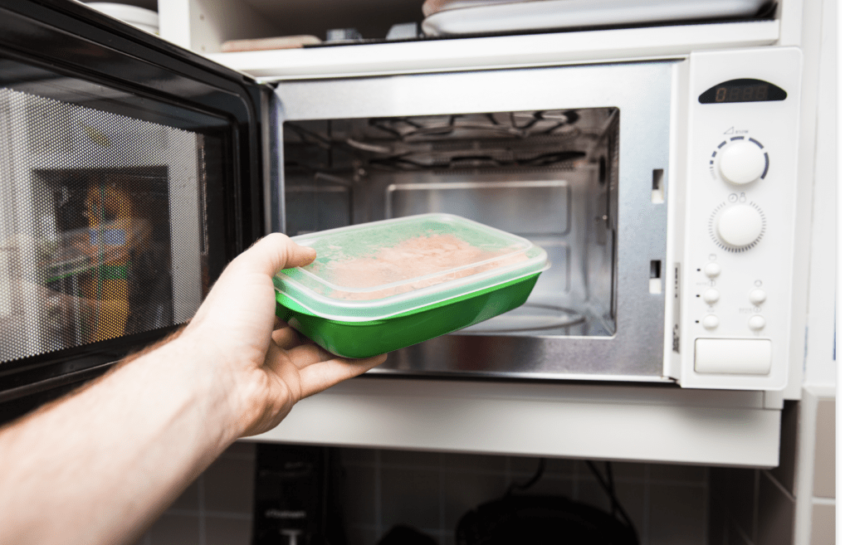ELPAIS.COM – Supermarkets increasingly offer vegetables that, within just a few minutes of microwaving them in the same plastic bag in which they were purchased, are ready to eat.
Potatoes, cabbages, or mixtures of various vegetables come already pre-cooked and — according to the producers’ instructions — it’s not necessary to put them in another container to microwave them.
But new research shows that perhaps it would be better to take your veggies out of the bag before heating them up.
Researchers from the University of Almería (Spain) — led by Dr. Francisco José Díaz Galiano — have discovered that this microwave cooking process actually causes a “very pronounced” transfer of plastic components from the bag to the vegetable.
The research – published in the journal Food Chemistry — has also identified that the action of the microwave in these cases creates a new compound in the potato, which they call HMPP-maltose.
…article continued below
– Advertisement –
According to Díaz Galiano, this is a “potentially toxic” compound, although new studies are still required to confirm this. Regardless, the transfer of plastic to potatoes remains an issue.
The researchers had the feeling that “in a very energetic situation — like that of the microwave — it was more than possible for certain plastic components to migrate into the food.” They began to do all kinds of tests with potatoes from different brands, dispensed in bags and ready to be cooked or heated up.
They were made with all possible variants:
“In the microwave in a plastic bag or in a microwave in a glass container… in both cases using the recommended time for the bag, or cooked in water over fire. In this case, we gave [the potatoes] more time, between 10 and 15 minutes,” Díaz Galiano explains.
He remembers that the potatoes were also analyzed before cooking them. They did 27 replicates of the experiment and “the same differences always appeared.”
…article continued below
– Advertisement –
The experimentation gave rise to two results: “one intuited and another totally unexpected,” the head researcher notes …
READ MORE
